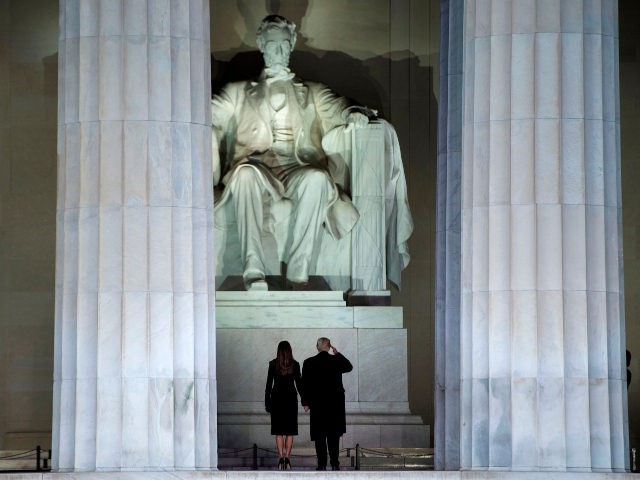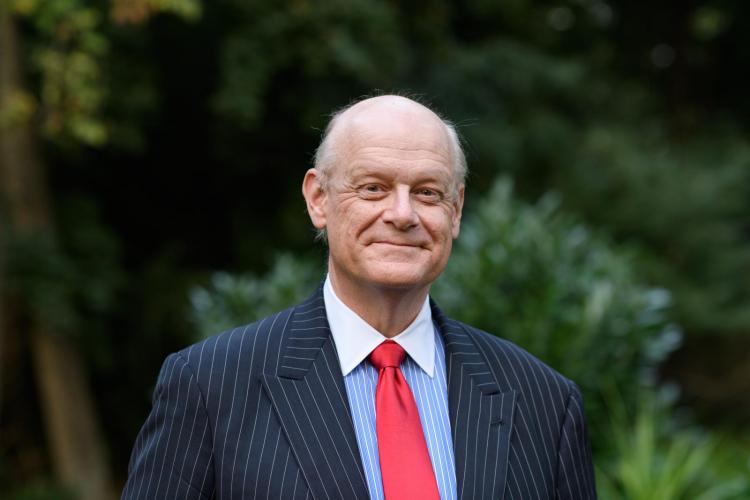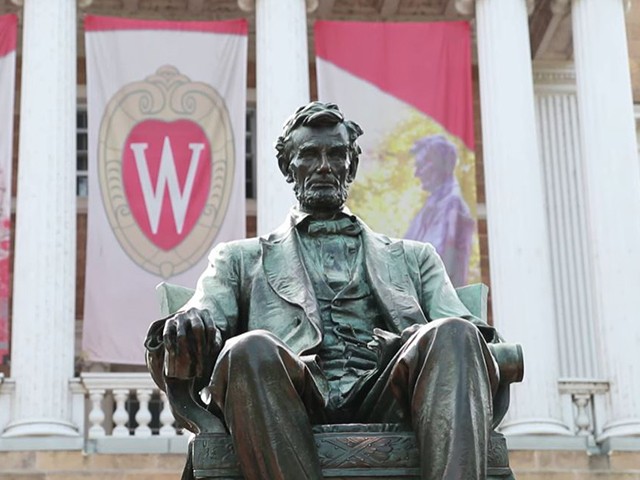Princeton University professor Allen Guelzo is offering a course celebrating President Abraham Lincoln’s legacy in the 2021 fall semester. His class stands in stark contrast to the era of wokeness and cancel culture, in which schools like the University of Wisconsin-Madison have considered removing a statue of Lincoln, which the university’s student government called a “racist remnant” of “white supremacy.”
Princeton will offer a course called, “Abraham Lincoln’s Politics: Concepts, Conflict and Context” this semester, taught by professor Allen Guelzo, a Civil War historian and author who also serves on the board of the Abraham Lincoln Association.
“This course explores the political culture that is identified with Abraham Lincoln, the 16th president of the United States,” the course description reads. “We will use Lincoln as a means of understanding how the practical necessities of politics in the American democracy were combined with an appeal to democratic political culture, from political philosophy to the b’hoys of Bowery.”
“The most important aspect of the course,” the description adds, is that students will not be relying solely on historians’ views of Lincoln. Instead, they will have “a direct encounter with Lincoln’s own writings,” so that they can “come to a practical and thorough knowledge of Lincoln’s ideas” by the end of the course.

The statue of Abraham Lincoln by artist Daniel Chester French is seen at the Lincoln Memorial on April 1, 2015 in Washington, DC. The nation will mark the 150th anniversary of Lincoln’s assassination on April 15, 2015. AFP PHOTO/MANDEL NGAN (Photo credit should read MANDEL NGAN/AFP/Getty Images)
Students will be required to read from Lincoln’s speeches and writings each week, according to the syllabus, as well as participate in classroom discussion, and write a 10-12 page paper about President Lincoln.
In an interview with College Fix, professor Guelzo said he is offering the course because he regards Lincoln “as one of the genuinely admirable characters of our political history,” and a rare American who fulfilled “the classical demands of republican statesmanship for persistence, humility, long-term thinking, resilience, persuasiveness and morally-excellent leadership.”
“By our standards, he was myopic on the subject of race,” Guelzo said when asked about attempts to cancel Lincoln. “But myopic is not the same thing as blind; he always hated slavery and expected it to come to an end; he extended himself at great political risk to promote emancipation.”
“We all see through a glass darkly, and at the end of his life, he was taking steps toward the civil equality which would later be encoded in the 14th and 15th Amendments,” the professor added.
Students at the University of Wisconsin-Madison have argued that the school must remove a statue of Abraham Lincoln. They wrote: “Campus fixtures like the Chamberlin Rock and the Abraham Lincoln statue and other campus buildings named after people who serve as remnants of this school’s history of white supremacy.”
You can follow Alana Mastrangelo on Facebook and Twitter at @ARmastrangelo, and on Instagram.



COMMENTS
Please let us know if you're having issues with commenting.